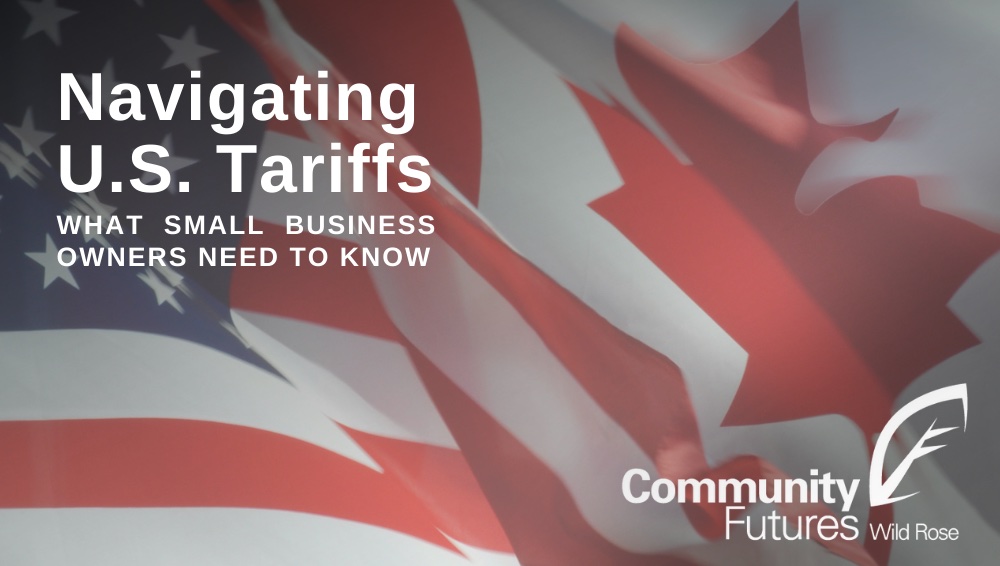One of the most vital ingredients for any successful small business is a team that wholeheartedly backs it. Without the right people, even the best ideas stall. But here’s the challenge: How do small rural businesses recruit and retain quality employees when money is tight?
The truth is, while salary obviously matters, people don’t choose where they work based only on the paycheque. Purpose, belonging, recognition, and opportunity are equally powerful motivators. Many of these can be built into your workplace culture without major costs.













